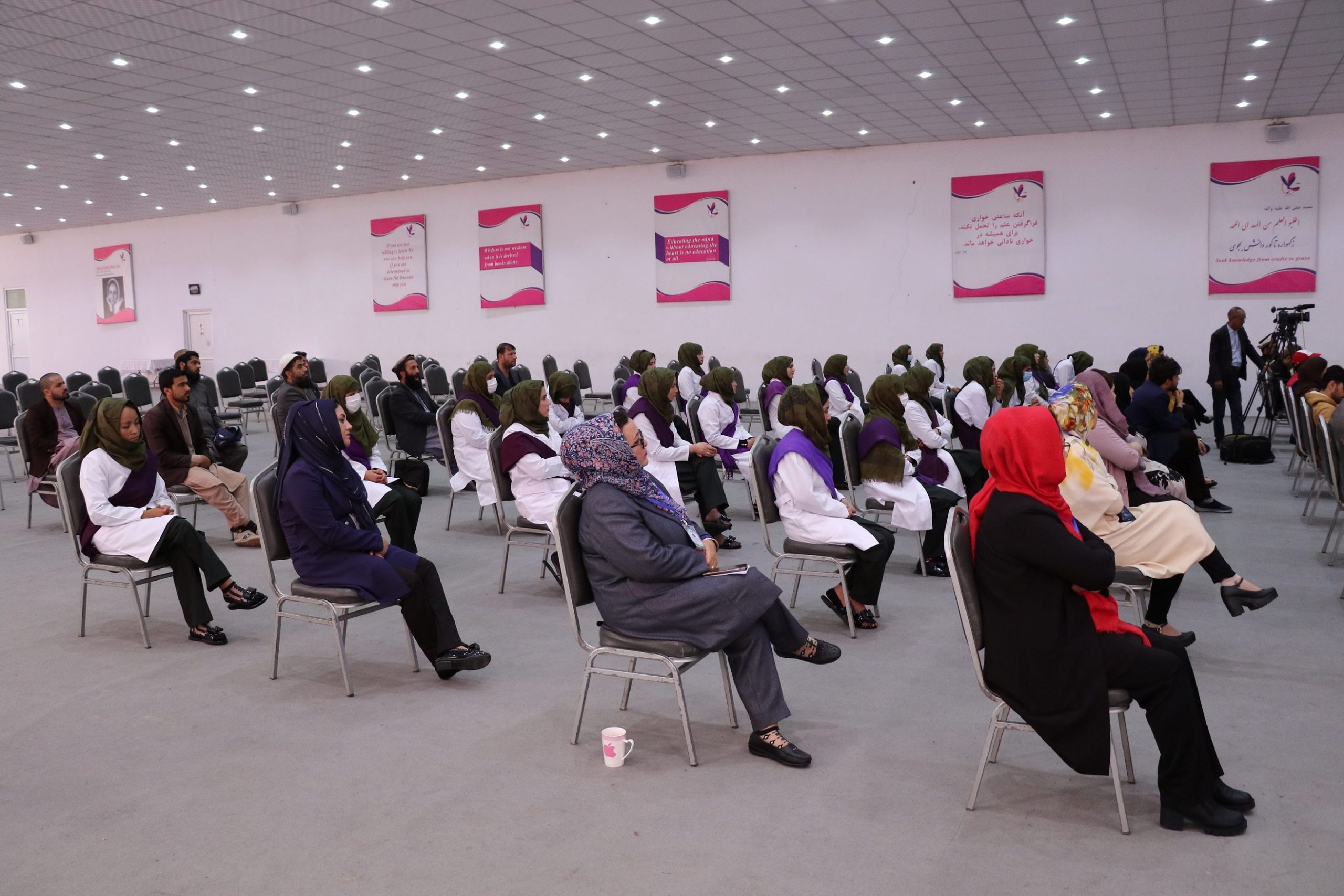The programme will provide participants with relevant knowledge and skills to help them aid their own communities in remote areas.
Around 24 people are being trained as community midwives in remote and inaccessible areas as part of Qatar Red Crescent Society‘s [QRCS] project in Afghanistan, the organisation has announced.
Co-implemented by the Afghan Welfare Society, Organisation for Promotion of Health and Community Development [OPHCD], Ministry of Health [MoH], and provincial health chapters, the project will help thousands of people in need with basic health services in remote areas in Afghanistan.
#QRCS has inaugurated a significant project to train community midwives in remote and underserved parts of Afghanistan. At a total cost of $490,055 , the scheme is co-implemented by the Afghan Welfare Society, #OPHCD, #MOH , & provincial health chapters.https://t.co/VOnbED6kkb pic.twitter.com/gSMsOoj8iC
— الهلال الأحمر القطري (@QRCS) June 27, 2021
The $490,055 project aims to provide trainees with relevant knowledge and skills through theoretical and physical training programmes at hospitals and health centres.
The programme also provides all training resources, including trainers, materials and full board accommodation. This enables the participants to have access to quality training while also ensuring convenience throughout the course.
“QRCS has inaugurated a significant project to train community midwives in remote and underserved parts of Afghanistan. At a total cost of $490,055, the scheme is co-implemented by the Afghan Welfare Society, #OPHCD, #MOH, & provincial health chapters,” the institution tweeted.
Upon completion of the 24-month training programme, those who are successful will receive graduation certification from Afghanistan’s Supreme Council for Nursing and Midwifery.
Trainees can then find jobs at mobile health facilities in remote areas that are operated by the health ministry, including the Afghan Red Crescent Society [ARCS] or other partners, the organisation added.
Midwives can also provide basic health services at their own districts if they choose to be self-employed to help those in need or those who have no access to healthcare facilities nearby.
Graduated midwives are expected to offer primary health services, particularly in reproduction health, for up to 4,800 cases per year within their own areas, which means an annual average of 84,480 in all locations of the graduates.
Read also: How QRCS powers through airstrikes and pandemics to deliver essential humanitarian aid
The project was inaugurated at the Moora Center in Afshar District, Kabul, which is set to host the classes and dormitory. It includes an elementary-and-high school, as well as a university for girls, with colleges like the School of Medicine and Health Sciences.
The location of the project, as well as the services provided, ensures that girls from rural areas have the best access to learn and help their community in the future, QRCS said.
QRCS was established in 1978 and was the first volunteering charitable organisation in Qatar.
The organisation works to help and empower vulnerable individuals and communities around the world without partiality or discrimination, implementing hundreds of projects in various humanitarian fields.
Follow Doha News on Twitter, Instagram, Facebook and Youtube







